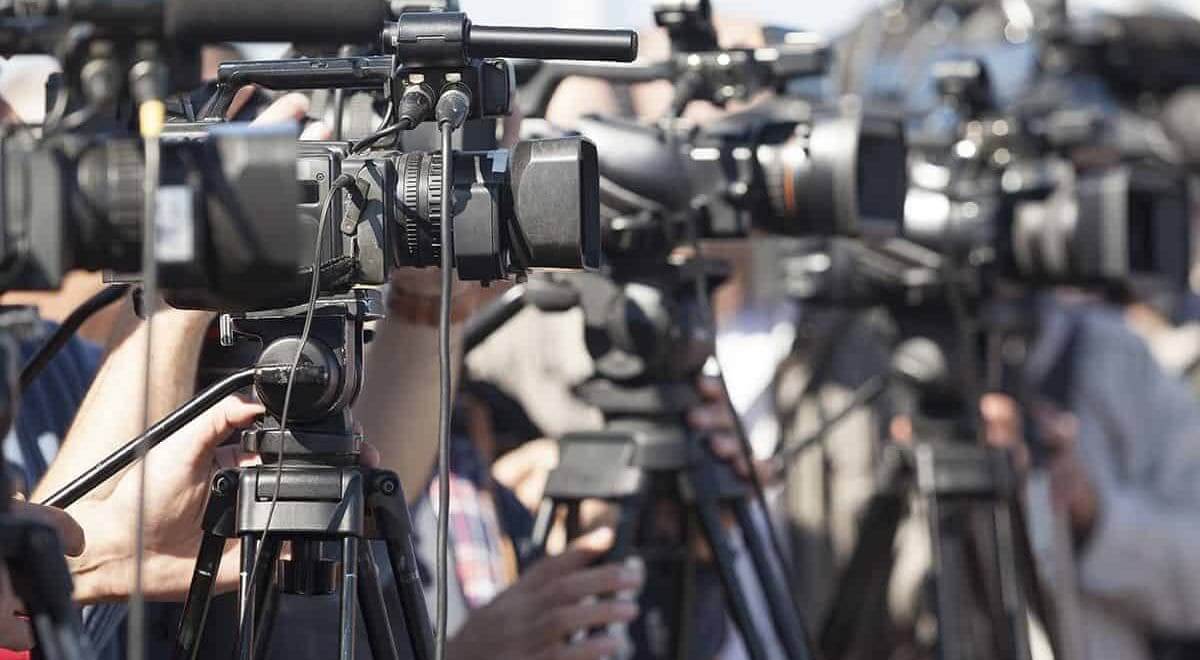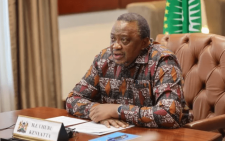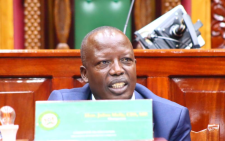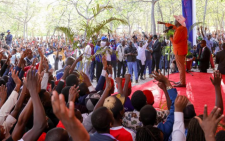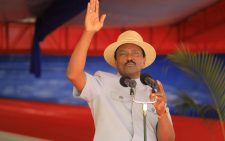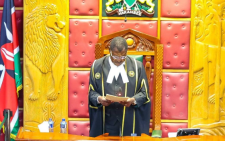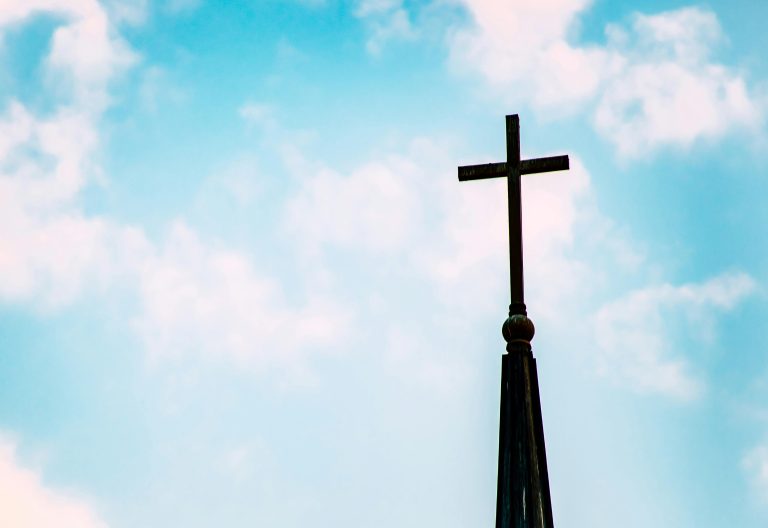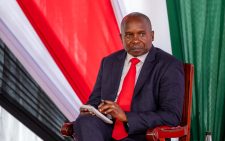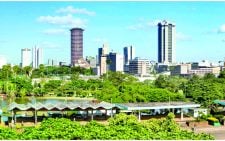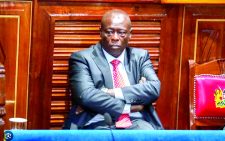Press freedom pillar of human, workers’ rights
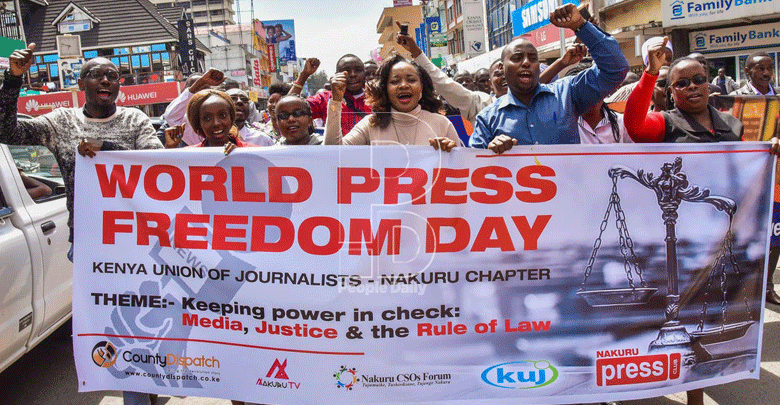
On 3 May, Kenya joined the international community in marking World Press Freedom Day, just two days after International Workers Day, commonly known as Labour Day.
These two commemorative days are intimately linked to Human Rights Day, observed annually around the world on 10 December. Press freedom, human rights and workers’ rights are intertwined.
In celebrating World Press Freedom Day, humanity recognises the role press freedom plays in upholding these inalienable universal rights marked on these three world days that define human relations.
A free and independent press is the best shield of democracy and all constitutional freedoms. Journalists and their media platforms must be free to report without fear of censorship, intimidation or retaliation.
Above all, media freedom is a cornerstone of democracy and a fundamental pillar of open and resilient societies. It enables citizens to make informed decisions, fosters government accountability, and acts as a safeguard against abuse of power.
A free and independent press also strengthens security by exposing corruption and human rights violations, drives economic growth by promoting fair markets and employment (labour) practices, and improves public health by sharing accurate and timely information.
The media has the cardinal responsibility of upholding honesty, transparency and accountability, guarding against violations of human rights and workers’ rights. Just before World Press Freedom Day, Kenyans in most parts of the country gave Labour Day celebrations a wide berth, saying they had nothing to celebrate.
While it is trade unions’ responsibility to address the plight of workers, including media workers experiencing hardship in a rapidly transforming environment, media owners too are under sacred obligation to uphold human rights and workers’ rights.
Mass layoffs, shrinking wages, delayed payments, high taxation and the perpetual struggle to make ends meet sum up the sorry state of the majority of Kenyan workers crying for the media to mount a more robust offensive to alleviate their plight.
Unfortunately, some have not only failed to meet the standards they profess to champion on various platforms, but may have also contributed to their violation, especially of labour laws and infringement of workers’ rights.
The media must be at the forefront in advocating for workers’ welfare while at the same time condemning employers who exploit workers, sounding out workplaces that are zones of harassment and lawlessness.
This year’s World Press Freedom Day theme, “Reporting in the Brave New World: The Impact of Artificial Intelligence (AI) on Press Freedom and the Media”, considers the proliferation of AI systems, which has played a transformative role in journalism and the media as well as digital communications more broadly.
However, as Africa embraces this revolutionary and very disruptive technology, there is a need to ensure the integrity of information. While sustaining trust in the use of AI systems and platforms, we must adhere to the basic traditional journalism ethics, which is at the core of freedom of the press.
The writer comments on human rights; albertoleny@gmail.com


